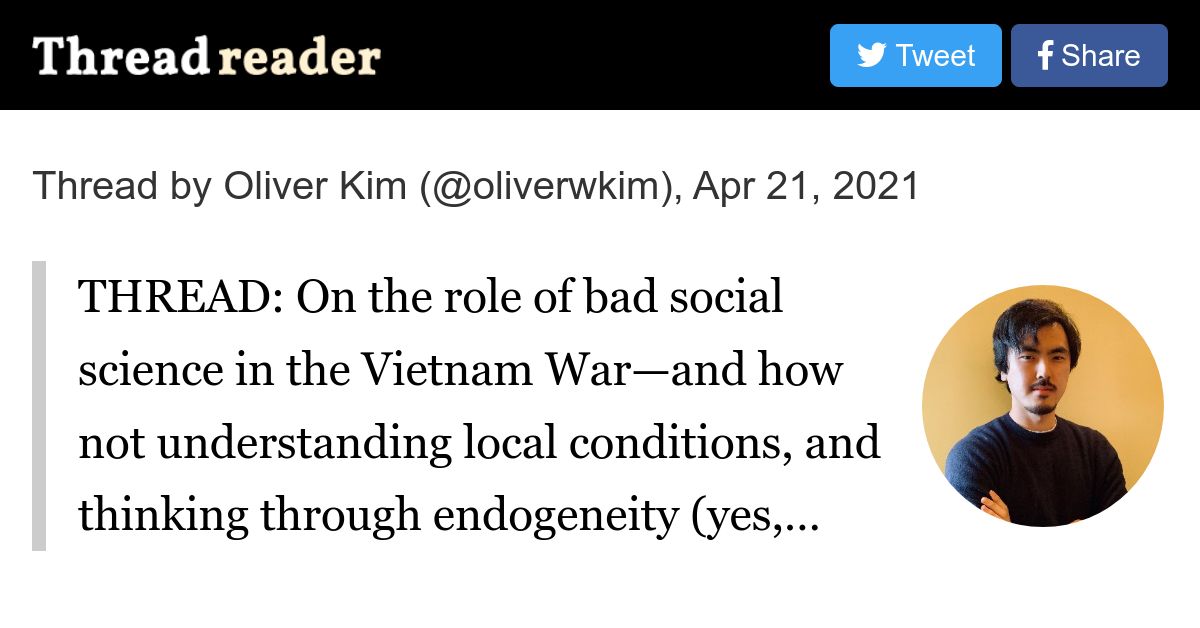I think the American public was more supportive of the war, and the fight against Communism then people think it was. Today peoples memories are a bit foggy, because of subsequent events. People don't like to say they supported something that's unpopular today. In 1975 I couldn't find anyone who voted for Nixon, other then my father. Funny how he won in one of the biggest landslides in political history. If LBJ had fought it out he probable would have been reelected in 68, but the man was worn out. None of the 3 candidates that ran in November were so called peace candidates. No major polls showed a majority of Americans being against the war, until after U.S. involvement ended.
A sizable block of the public objected to the war policy on the grounds that they wanted to win, and not fight for stalemate. Now many of them couldn't have told you what they thought victory would be, or how we should achieve it, but that's what they wanted from their leaders. Their thinking was often voiced as "If we won WWII we can beat North Vietnam." Nixon popularity went up whenever we stepped up the bombing campaign. Anti Communism was major factor in American Politics to the end of the Cold War. Ending the Cold War on our terms was the center piece of the Reagan Foreign Policy.
Every war in American History was divisive, and required active measures by the Government, and political parties to rally the public. It a natural inclination to support the troops, but that's not enough to make people think it's all worth it. Giving the public a feeling of participation, with things like war bond drives, scrap metal campaigns, moves, posters, public events, rationing, newspaper editorials, teachers explaining the reasons for the war to their students, publicizing war heroes, even paying special taxes. Few of those things were done in Vietnam, or later wars. The movie industry, and TV were largely neutral, or hostile, and LBJ wanted the people at home to go on with their lives as if there was no war. If your understanding of the war was watching GI's burn villages, and get killed on TV, it's tough to be enthusiastic.
The way we fought the Vietnam War is a perfect example of how not to fight a war. In terms of military strategy, economic planning, public relations, and international relations it was a disaster. Many of our Allies went on trading with North Vietnam. The war was financed with deficit spending, while domestic spending rose, damaging the dollar. Almost nothing was done right.
